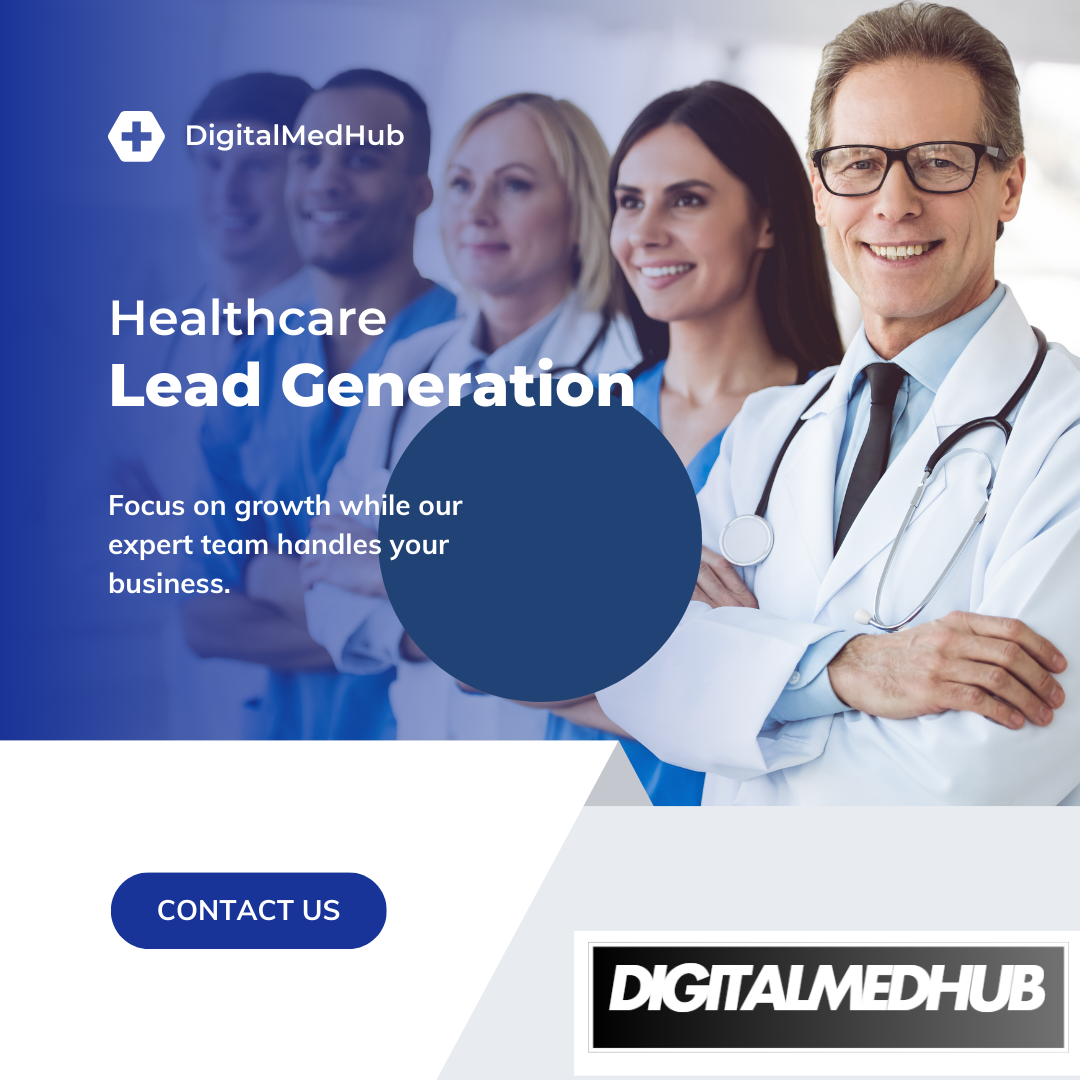 Running a healthcare business comes with a unique set of challenges—one of the biggest being how to consistently generate high-quality leads. With so much competition and noise out there, it can feel like you’re constantly chasing after the wrong prospects or fighting to get noticed by the right ones. But don’t worry, the good news is that with the right strategies, generating high-quality leads that will drive growth is totally achievable. Let me share five proven strategies that can help you cut through the noise and start attracting the kind of clients you want.
Running a healthcare business comes with a unique set of challenges—one of the biggest being how to consistently generate high-quality leads. With so much competition and noise out there, it can feel like you’re constantly chasing after the wrong prospects or fighting to get noticed by the right ones. But don’t worry, the good news is that with the right strategies, generating high-quality leads that will drive growth is totally achievable. Let me share five proven strategies that can help you cut through the noise and start attracting the kind of clients you want.
1. Targeted B2B Lead Generation
It’s tempting to cast a wide net when you’re looking for leads, but not all leads are created equal. In healthcare, quality is more important than quantity, so it’s crucial to focus on reaching the right decision-makers, not just any lead.
Start by analyzing your ideal clients—who are they? What do they need, and how can your services solve their problems? Create detailed buyer personas that represent these decision-makers. Once you have a clear picture of your target audience, use account-based marketing (ABM) to tailor your outreach. ABM allows you to focus on specific organizations, ensuring your messaging and efforts are highly relevant and personalized, which can greatly increase the chances of a successful engagement.
2. Optimize Your Website for Lead Conversion
In today’s digital world, your website is often the first impression potential leads will have of your business. You want to make sure it’s not only easy to navigate but also designed to encourage visitors to take action.
First, optimize your website for search engines (SEO). This will help improve your visibility and drive traffic to your site, which is essential for lead generation. Then, make sure your website has clear calls to action (CTAs) that guide visitors toward converting—whether it’s scheduling a consultation, downloading a resource, or signing up for your newsletter.
Another tip is to include valuable content like blogs, case studies, or downloadable resources. Not only do these help establish your authority, but they also give visitors a reason to engage further with your brand, making them more likely to provide their contact information.
3. Leverage Social Media for Thought Leadership
Social media is one of the best platforms for building relationships and engaging directly with decision-makers. LinkedIn, in particular, is an excellent tool for reaching professionals in the healthcare space.
To stand out on social media, share valuable, industry-specific content that highlights your expertise. Whether it’s insights on healthcare trends, case studies, or best practices, make sure your content adds value to your audience’s experience. This positions you as a trusted thought leader and helps build credibility.
Don’t forget to join relevant industry groups and actively participate in discussions. Also, consider running targeted ads that are designed to reach the right audience based on job titles, company size, or other relevant criteria.
4. Use a Healthcare CRM for Lead Nurturing
Once you’ve captured leads, it’s important to nurture them through the sales funnel. This is where a tailored healthcare CRM can work wonders.
A good CRM helps you track your leads, segment them based on where they are in the sales process, and automate workflows that ensure timely and personalized communication. It’s also a great way to stay top-of-mind with your leads by sending follow-up emails, educational resources, or special offers. The goal is to build trust and keep your business on their radar until they’re ready to take the next step.
5. Build Strategic Partnerships in the Healthcare Industry
Partnerships are a powerful way to expand your network, build credibility, and access new leads. Look for opportunities to collaborate with complementary businesses or professionals in your field.
Attend industry events, co-host webinars, or contribute to guest blogs. These partnerships create opportunities to introduce your business to a wider audience while building trust with potential leads. Remember, partnerships are all about long-term relationships, not quick wins, so focus on creating valuable connections that can lead to sustainable growth.
Conclusion
Lead generation in healthcare isn’t a one-size-fits-all approach—it requires strategy, persistence, and a willingness to adapt. By focusing on targeting the right decision-makers, optimizing your website for conversions, leveraging social media to build your authority, using a CRM for lead nurturing, and forming strategic partnerships, you can start generating high-quality leads that will help your business thrive.
Need some personalized advice on how to implement these strategies? Feel free to reach out—I’d love to help you tailor these strategies to your unique business needs. Here’s to attracting the right leads and achieving sustainable growth!

